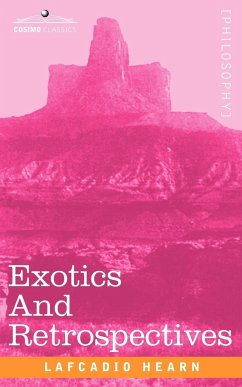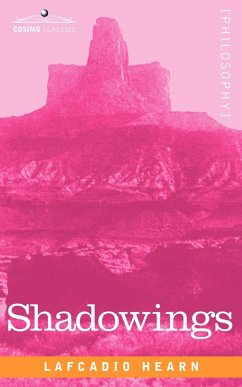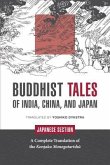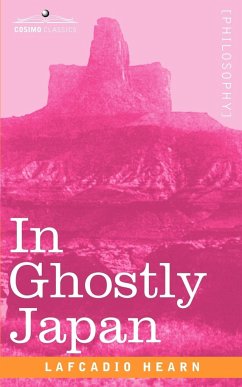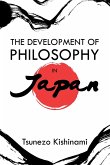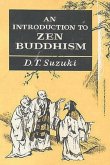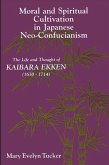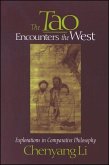In Exotics and Retrospectives, Lafcadio Hearn plays the role not only of tour guide, but also dreamscaper. Whether through his narrative recounting of Japanese customs and traditional tales, or while sharing his personal observations and flights of fancy, Hearn's graceful and poetic prose enables the reader to enter a foreign world. Covering subjects from Buddhism to beauty to the color blue to being, he gently, honestly, and humorously lays bare philosophical truths (sometimes overtly, sometimes subtly) so that they may be both seen and felt, and thus better understood. Bohemian and writer PATRICK LAFCADIO HEARN (1850-1904) was born in Greece, raised in Ireland, and worked as newspaper reporter in the United States before decamping to Japan. He also wrote In Ghostly Japan (1899), and Kwaidan (1904).
Hinweis: Dieser Artikel kann nur an eine deutsche Lieferadresse ausgeliefert werden.
Hinweis: Dieser Artikel kann nur an eine deutsche Lieferadresse ausgeliefert werden.

